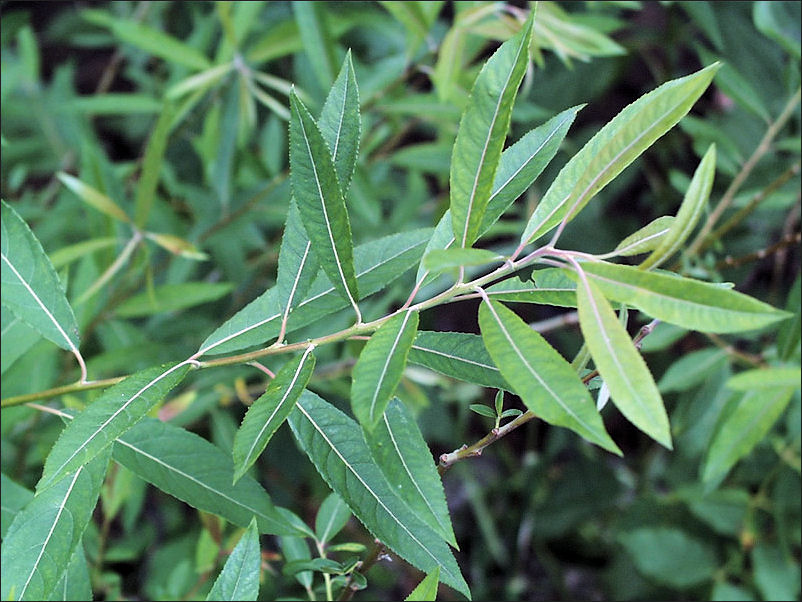
A study conducted by scientists from the University of Illinois at Chicago (UIC), Hong Kong Baptist University, and the Vietnam Academy of Science and Technology show that a plant found throughout Southeast Asia traditionally used to treat arthritis and rheumatism contains a potent anti-HIV compound more powerful than the drug AZT.
The chemical, patentiflorin A, is derived from the willow-leaved Justicia, and was identified in a screening of more than 4,500 plant extracts for their effect against the HIV virus.
The willow-leaved Justicia extract had been taken from the leaves, stems and roots of plants that had been collected in Cuc Phuong National Park in Hanoi, Vietnam more than 10 years ago by the Chicago team. The UIC/Hong Kong/Vietnam group analyzed the extract along with thousands of others as part of their efforts to identify new drugs against HIV, tuberculosis, malaria and cancer.
The scientists zeroed in on patentiflorin A because of its ability to inhibit an enzyme needed for HIV to incorporate its genetic code into a cell's DNA. In studies of human cells infected with the HIV virus, patentiflorin A had a much more significant inhibition effect on the enzyme.
It also was effective against known drug-resistant strains of the HIV virus, making it a very promising candidate for further development into a new HIV drug.




